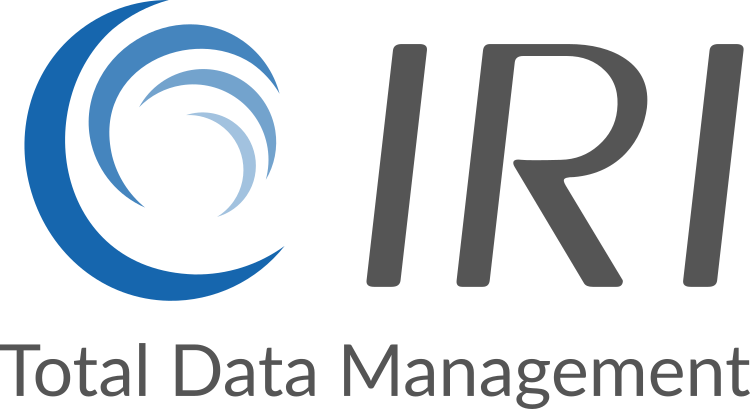Challenges
VSAM records are fixed or variable length records organized in fixed-size byte blocks within larger divisions in disk tracks or cylinders. IMS/DB and DB2 are implemented atop of VSAM and use its data structures.
VSAM is not, however, compatible with many other applications, and so you require a tool that can not only process VSAM data, but also one that can convert other file formats from and to VSAM.
Solutions
IRI provides many options for users with VSAM files, for:
Use the Legacy Edition of the IRI NextForm data migration package and specify your need for VSAM support. The NextForm GUI in the IRI Workbench can connect to your VSAM file sources with a special ODBC driver (additional cost), and allow you to create jobs to re-map, re-use, and report on that data. Specify and populate target files in other formats, database tables, reports, and applications in Eclipse like BIRT.
Use the SortCL program in the IRI CoSort package for fast data transformations, plus the data migration, reformatting, and replication features of NextForm, and the data masking features of IRI FieldShield (data masking). If you only need to protect data in VSAM files, FieldShield will suffice. In any event however, you must tell IRI you have VSAM files in order to get its special driver for file browsing and handling those files in the IRI Workbench GUI.
If you still have access to the mainframe, try to first flatten your VSAM file there with the REPRO option in IDCAMS. Then, use SortCL (or NextForm) to transform or convert the file and its data types to one of the target formats listed in the tabs above.
IRI has partnered with NTT Data to support the sorting and processing of VSAM files in their UniKix Transaction (TPE) and Batch (BPE) Processing Environments off the mainframe. IRI also partners with Language Portability Solutions (LPS) to provide VSAM file conversion services. Use the form below to request details.


